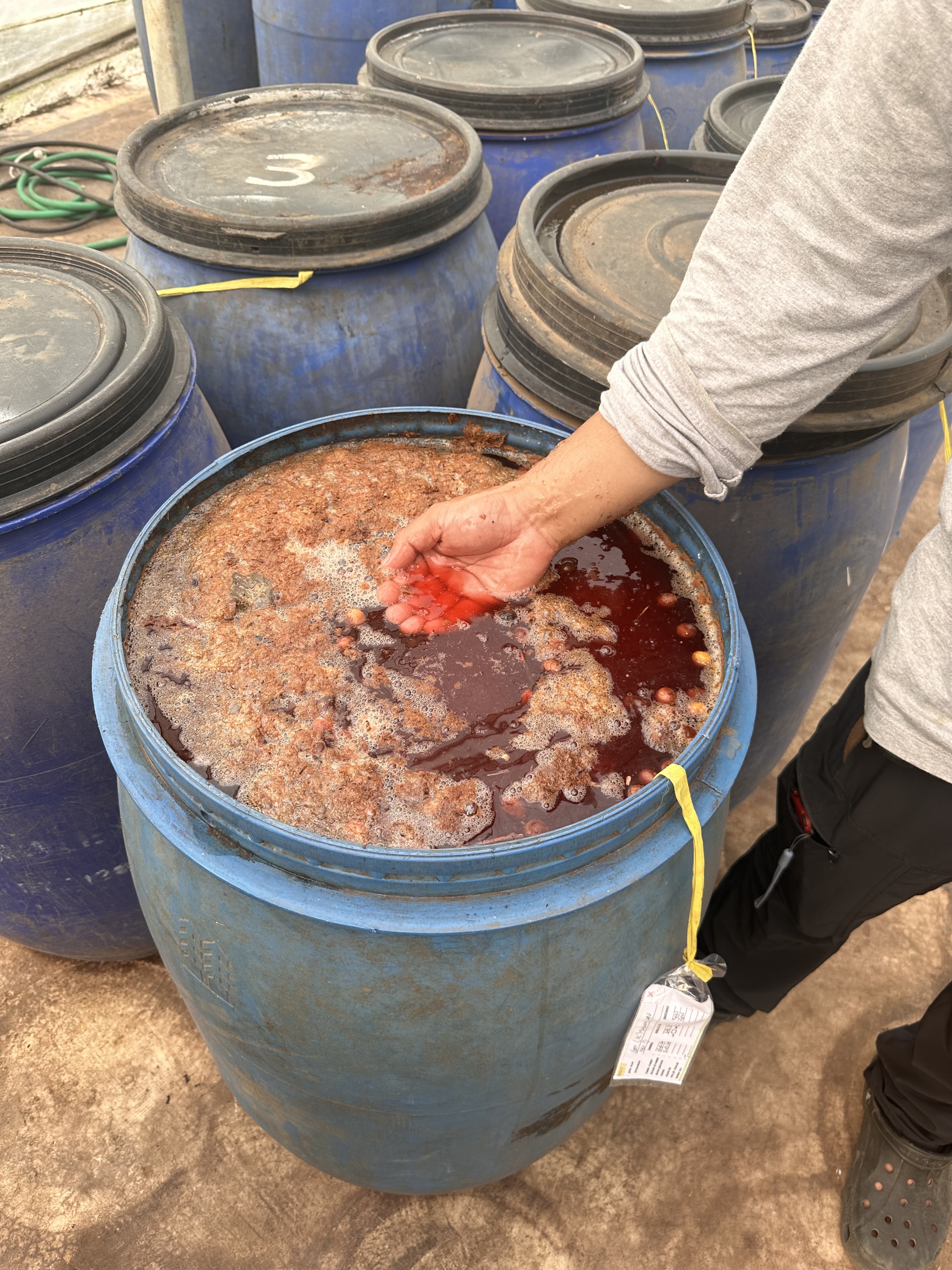What is Experimental Coffee?
Experimental coffee is produced using innovative varieties, fermentation processes, or drying methods to develop distinctive flavours or test new quality improvements. These lots often appear as microlots or special projects for specialty roasters.

Why experimental coffee matters
Innovation: Pushes boundaries of flavour and cup quality.
Variety development: Helps identify resilient cultivars or unique profiles.
Market differentiation: Provides roasters with exclusive, story-rich offerings.
Experimental vs. Standard Specialty Coffee
Experimental coffee can involve trial and error, with small lots and close monitoring and a lot of work on product development. Standard specialty coffee follows proven processes for consistency and high SCA scoring.
Where Nordic Approach fits in
At Nordic Approach, we collaborate with producers on experimental projects, supporting heirloom varieties, new fermentation methods, and traceable microlots that give roasters unique, high-potential coffees.
.jpeg)
FAQ about Experimental Coffee
Q1: Are experimental coffees always available commercially?
A1: Usually in limited microlots, as part of specialty sourcing programs.
Q2: Do they score high on SCA?
A2: Many do, but some are tested primarily for flavour exploration rather than scoring.
Q3: How can roasters access experimental coffee?
A3: Through importers and projects like Nordic Approach’s origin collaborations.
Q4: What are the most interesting processing methods?
A4: Popular methods include washed, natural, honey, and experimental or anaerobic processes—each highlights different flavors and textures.
Q5: Where can I find information about the processing method?
A5: Processing details are usually in the coffee’s profile or can be requested from your Nordic Approach contact.

